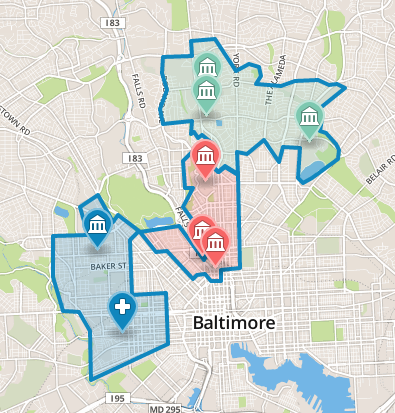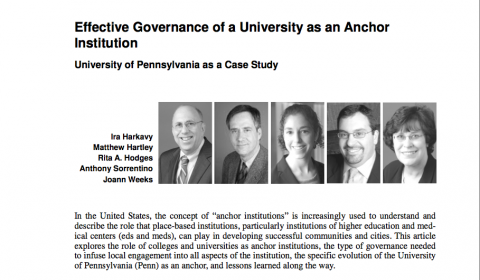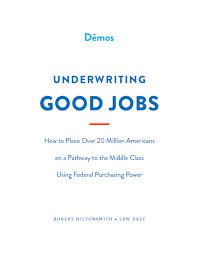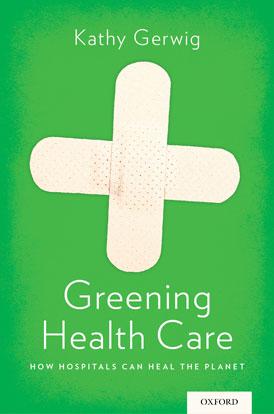The Steans Family Foundation aims to collaborate with residents and institutions to help revitalize the North Lawndale community. In 2010, it made more than $2 million in grants, which focused on early childhood development, school-based education, parent/caregiver advocacy and leadership, and capacity-building for both Lawndale residents and organizations. Read more about Steans Family Foundation...




